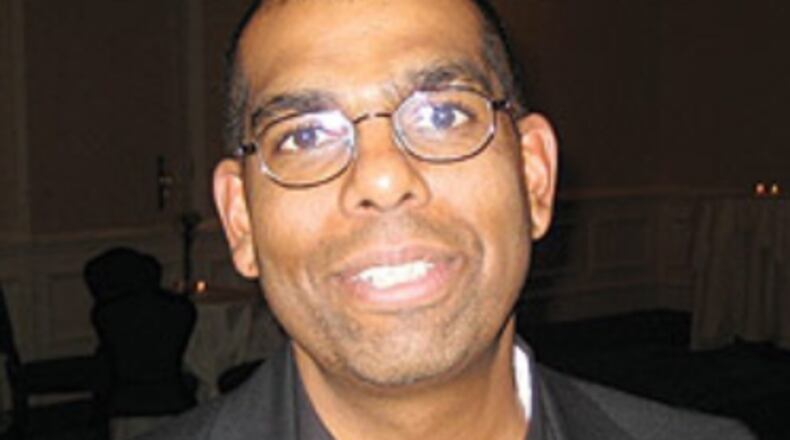They serve as bastions of freedom and democracy.
I’ve been thinking about that more as I watch the politicization of school boards across the country and moves to censure race, culture, and sex-related materials in K-12 schools. Public schools, unfortunately, are stuck in the culture war crosshairs that have nothing to do with education and everything to do with riling up a base that believes the lies they’re fed.
And here’s the underreported thing — Democrats (86%) and Republicans (73%) each overwhelmingly believe K-12 education should include teaching about slavery and strong majorities of each believe schools should teach about racism, according to a Reuters/Ipsos poll. Anytime you can get strong majorities of both ideologies to agree on anything is a cause for celebration and a working model for cooperation.
But that doesn’t stop politicians from creating false controversies, stoking racial fears and promoting censorship. In Texas, for example, one Republican lawmaker — running for Attorney General and trying to position himself to the right of the right-leaning incumbent — has launched his own investigation into books schools carry in their libraries, according to the Washington Post.
Censoring books isn’t new; it’s been going on for centuries. The Catcher in the Rye, The Grapes of Wrath, To Kill a Mockingbird are just a few of the many classics banned for one inane reason or another.
(On a side note, I find any lawmaker getting behind efforts to ban books hypocrisy in its highest form since they’ll be the first to howl if Twitter bans one of their tweets.)
Colleges and universities are not immune from these attacks. All across the country, Republican lawmakers are attacking tenure, which awards educators an indefinite post. In Iowa, for example, lawmakers want to ban ensue at public institutions because of unproven allegations of bias against conservative students.
But tenure is also a hedge against an educator’s theories or opinions that may prove unpopular in some quarters — easy to do in these hyper-political times. Unpopular doesn’t mean inaccurate; it means someone doesn’t like it because it doesn’t fit a specific narrative. So while lawmakers are rushing to ban a concept that isn’t even taught on the high school level — critical race theory — colleges and universities are so far free to debate it.
Melissa Spirek, a professor in the Department of Communication at Wright State University, put it this way:
“Higher education is key so that all aspects of ideas can be reviewed as opposed to having just agreed-upon assumptions, and requires ongoing improvement efforts, as opposed to being comfortable in not evolving.”
That’s what higher education does. It examines the assumptions and determines validity based on fact, not feelings. It encourages points of view, debates, protests, and discussions. Instead of banning Huck Finn (which has been done many times), it debates its relevance in conjunction with the times and can do so without any language that may offend. Huck Finn also leads to one of my favorite debates — if the language is objectionable, why is the language of some rap songs, which is far worse, acceptable?
Local and state institutions have seen their share of protest, including a student sit-in outside the President’s office at Wright State during the 2019 faculty strike; an anti-racism march and rally at the University of Dayton, and, at Ohio State University, students protesting officer-involved shootings.
All of those protests went on and the universities didn’t attempt to stifle those voices. That’s what freedom and democracy are. People should be heard and not only when it agrees with a specific point of view. College campuses have always been that places where students, faculty and the community can express their views without fear of reprisals.
They need to stay that way for the sake of freedom and democracy.
Ray Marcano is a former journalist whose column appears each Sunday in the Dayton Daily News. He can be reached at Raymarcanoddn@gmail.com
About the Author
